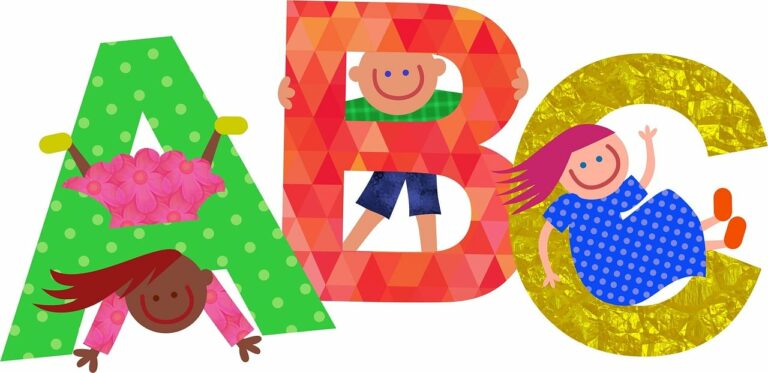Promoting Digital Citizenship in the Age of Social Media
In today’s digital age, protecting our online privacy has become increasingly crucial. With the vast amount of personal information we share on the internet, it is essential to be mindful of the potential risks associated with data breaches and cyber threats. Safeguarding our privacy online not only helps us maintain control over our personal information but also prevents unauthorized access to sensitive data.
By taking proactive measures such as setting strong passwords, enabling two-factor authentication, and being cautious about sharing personal details online, individuals can reduce their vulnerability to privacy breaches. Additionally, being mindful of the permissions granted to mobile apps and websites can help prevent unnecessary data collection and tracking. Prioritizing online privacy is not only about safeguarding personal information but also respecting the privacy rights of others in the digital space.
Setting strong passwords and changing them regularly can help protect sensitive information from being accessed by unauthorized users.
Enabling two-factor authentication adds an extra layer of security to online accounts, making it harder for hackers to gain access.
Being cautious about sharing personal details such as addresses, phone numbers, and birthdates on social media platforms can prevent identity theft and other cybercrimes.
Monitoring the permissions granted to mobile apps and websites can help limit the amount of data collected and shared with third parties.
Respecting the privacy rights of others means not sharing or distributing their personal information without consent.
Understanding Social Media Etiquette
Social media has become an integral part of our daily lives, connecting us with friends, family, and even strangers from around the world. However, with this interconnectedness comes the need for proper etiquette when engaging on these platforms. It is important to remember to be respectful and mindful of others’ feelings when sharing content or engaging in discussions online.
One key aspect of social media etiquette is to think before you post. Once something is out on the internet, it can be difficult to take back. Before sharing a post or commenting on a thread, consider whether it aligns with your values and how it may be perceived by others. Additionally, remember to be cautious about sharing personal information that could potentially compromise your privacy and safety. By practicing these simple guidelines, you can contribute to a more positive and respectful online community.
Recognizing Fake News and Misinformation
Misinformation and fake news have become rampant in our digital age, spreading rapidly across social media platforms and online sources. It is crucial for individuals to develop a discerning eye to differentiate between accurate information and misleading content. One key aspect to look out for is the credibility of the source: reputable news outlets and websites are more likely to provide accurate and reliable information compared to lesser-known sources with questionable backgrounds.
Furthermore, it’s essential to cross-reference information from multiple sources before accepting it as true. Exercising critical thinking skills and fact-checking claims can help prevent the spread of misinformation and ensure that we are not unknowingly contributing to the dissemination of fake news. By being vigilant and thoughtful consumers of information, we can help combat the proliferation of false information in our online communities.
Why is it important to recognize fake news and misinformation?
It is important to recognize fake news and misinformation to ensure that the information we consume is accurate and reliable. Fake news can spread misinformation and create confusion among the public, leading to potentially harmful consequences.
How can I improve my online privacy?
To improve your online privacy, make sure to regularly update your privacy settings on social media platforms, use strong and unique passwords, enable two-factor authentication whenever possible, and be cautious about sharing personal information online.
What is social media etiquette and why is it important?
Social media etiquette refers to the guidelines and manners that should be followed when using social media platforms. It is important to practice good social media etiquette to maintain positive relationships with others online and to avoid offending or upsetting anyone with your posts or comments.
How can I spot fake news and misinformation?
To spot fake news and misinformation, it is important to fact-check information from multiple sources, look for biased or sensationalized language, check the credibility of the source, and be cautious of information that seems too good to be true.







